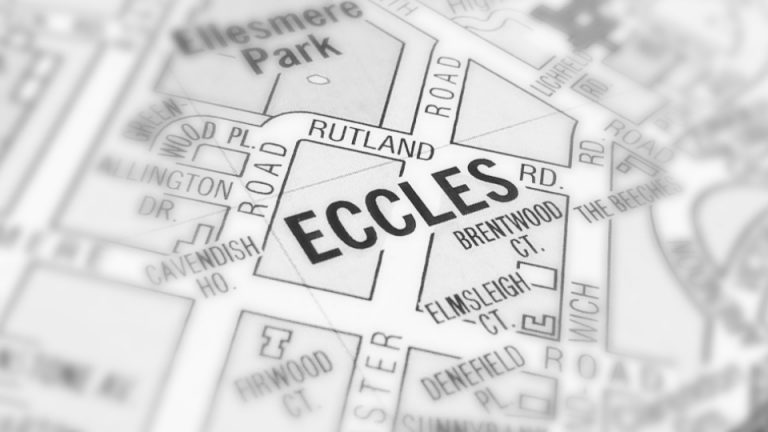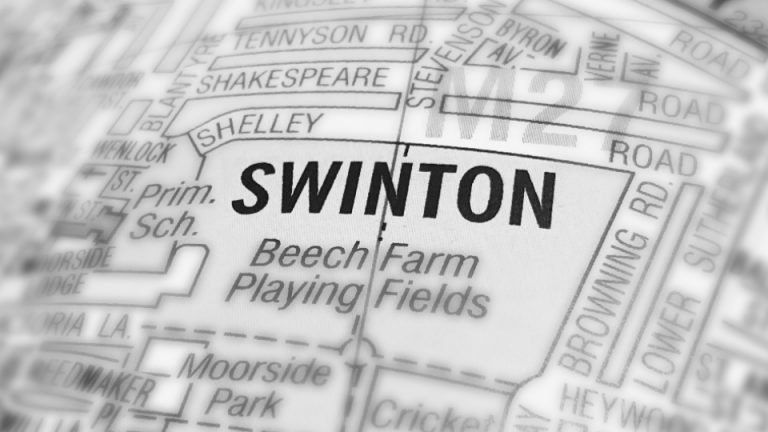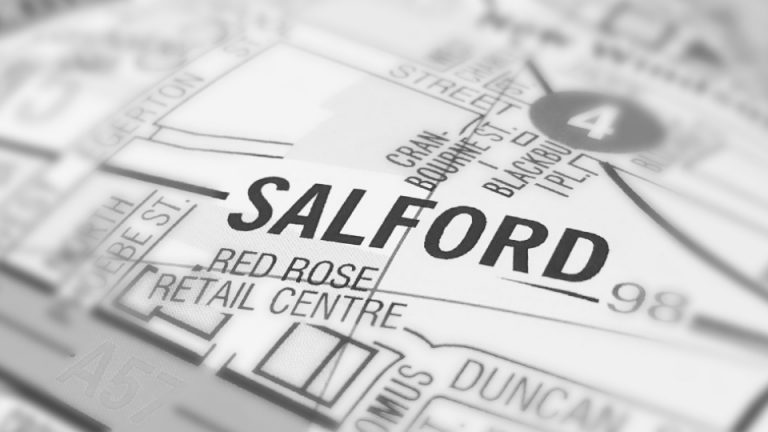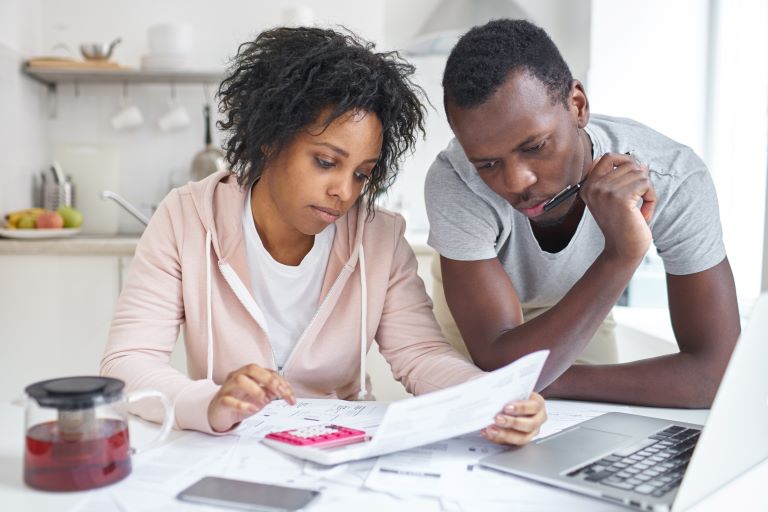
Stamp duty and interest rate changes – am I affected?
If you’re house hunting or selling, you’ve probably been paying attention to the news that stamp duty and interest rates have changed. Stamp duty is one of the subjects we are asked about the most, because changes can have a dramatic effect on the affordability and saleability of properties. And interest rates greatly affect the affordability of a mortgage. In this article, we’ll quickly cover what stamp duty is, what it’s for and how the recent changes will affect you, whether you’re selling or buying. We’ll also touch on the rise in interest rates and see how the two are interconnected.
What is stamp duty?
There are dozens of different taxes in the UK called “stamp duty” in all sorts of industries. But when you hear everyday people talking about it in the UK, they’re probably referring to Stamp Duty Land Tax (SDLT). In that case, it’s a tax you have to pay the government when you exchange contracts on a property. Unlike many taxes, however, it is the buyer, not the seller, who pays the duty. We’ll just call it “stamp duty” here, as nobody outside the industry or government calls it SDLT.
How much does stamp duty cost?
As of the mini-budget of 23 September 2022, home buyers’ stamp duty thresholds and rates are as follows for residential buyers.
- For house-movers, the zero-duty threshold doubled, from £125,000 to £250,000
- For first-time buyers, you’ll pay no stamp duty on the first £425,000 (up from £300,000), with a rate of 5% charged on the next £200,000. After that (£625,000), rates will be the same as they are for house-movers.
- Between £250,001 and £925,000, the rate is 5%
- Between £925,001 and £1.5 million, the rate is 10%
- Above £1.5 million, the rate is 12%
To qualify for the first-time buyer threshold relief, you must have owned no property in the past. If you are taking on a joint mortgage with another person or with other people, both (or all) buyers must be first-time buyers.
Stamp duty bands explained
The bands can complicate matters a little, and lead people to overestimate how much stamp duty they’ll have to pay, so it’s important to understand this bit.
The 5% you pay in the second band (£250,001 and £925,000) is only paid on the amount over £250,000. In other words, if you buy a house for £251,000, you’ll only pay 5% stamp duty on that £1,000 over the threshold, which means you’ll pay just £50. If the home costs £350,000, you’ll pay 5% of £100,000, which is £5,000 (not 5% of £350,000, which would be £17,500).
The same applies in the next band too. If you buy a home for £1 million, the first £250,000 remains duty free. The next 675,000 (up to £925,000) will incur a rate of 5%, which will be £33,750. And the remaining 75,000 (up to the £1m price) will be charged at 10%, which is £7,500. The total you’ll pay is therefore £33,750 + £7,500 = £41,250. That’s 4.125% of the property price (not 10% of £1 million, which would be £100,000).
Finally, if you’re a FIRST-TIME BUYER, purchasing a home for £500,000 (which is rare for a first home outside London), you’ll pay nothing on the first £425,000 and 5% on the remaining £75,000, which is £3,750 (not 5% of £500,000, which would be £25,000).
How do the changes affect me?
If you’re a buyer, it’s good news whether you’re a first-time buyer or not, because you will definitely pay less stamp duty than you would have before 23 September.
Sellers benefit too, however. First, your property becomes affordable to more people, as the cost of stamp duty is not a factor for properties under £250k, and will be cheaper for properties above that price. And second, assuming you’re selling your home to move to another one, you’ll pay less duty than you would have, or possibly none at all.
Will stamp duty change again?
This one is harder to answer, as it’s all in the hands of the Chancellor. We’ve already seen a tax cut scrapped a few days after it was announced following a strong backlash. However, the stamp duty changes have been met much more warmly, so it’s unlikely to be changed.
Base rate rises
The Bank of England changes its base interest rate from time to time, usually to cool down or stimulate the economy and manage inflation. Most of us have got used to incredibly low rates over the past decade or so, but they are starting to rise. As you can see from the BoE’s historical data, it rose 0.5% on 22 September 2022, to reach 2.25%. Before that, it had risen by 0.5% in August and 0.25% in June, May, March, February and December 2021. But before that, there were only six minor tweaks going all the way back to 2009!
How does this affect my mortgage?
If you’re already a homeowner with a mortgage, it’ll depend on whether you’re on a fixed-rate mortgage or a tracker. If you’re fixed in, your monthly payments won’t change until the deal is over, at which point you’ll switch to the bank’s standard variable rate (you’ll have to see what that is on your bank’s website).
If you’re on a tracker mortgage, the interest rate goes up and down at the BoE base rate plus a certain amount, which you’ll have agreed when you took out the mortgage, so yours will go up 0.5% from what it was on 21 September. If you think you might be paying too much It could be better to try and switch to a fixed rate, change the duration or monthly payments, or switch providers, depending on your circumstances. At Hills, we can arrange for you to speak with one of our independent mortgage advisors. Find your nearest branch HERE or meet the TEAM.
If you’re looking for a new mortgage, the interest rate change won’t affect the amount you pay for your property, but it will mean you’ll probably pay more over the whole term of your mortgage, as your loan will incur more interest than it would have done before the rate rise. However, nobody knows what the situation will be like in 2, 5 or 10 years’ time, and you’ll always be able to switch if we return to very low rates again.
Remember that some of this increase will be offset by reductions in stamp duty, which is now zero for properties up to £250,000 (or £425,000 for new buyers). As you’ve seen from the sums above, that can mean some significant savings in stamp duty, and since most people add the stamp duty to their mortgage, that means savings in interest too.
As for sellers, there’s no doubt that the interest rate rises might put some buyers off. But since there are no immediate signs of it falling (and some forecasters think it will continue rising for some time), it might encourage some buyers to bite the bullet, albeit on a cheaper property than they’d have planned. While you might lose one set of potential buyers, you could just end up gaining another, so don’t pack away your lawnmower just yet!
You may also be interested in...

Value my property today
Lorem Ipsum has been the industry’s standard dummy text ever since the 1500s, when an unknown printer took a galley of type and scrambled it to make a type specimen book. It has survived not only five centuries




 Buyers
Buyers
 Buyers
Buyers
 Buyers
Buyers
